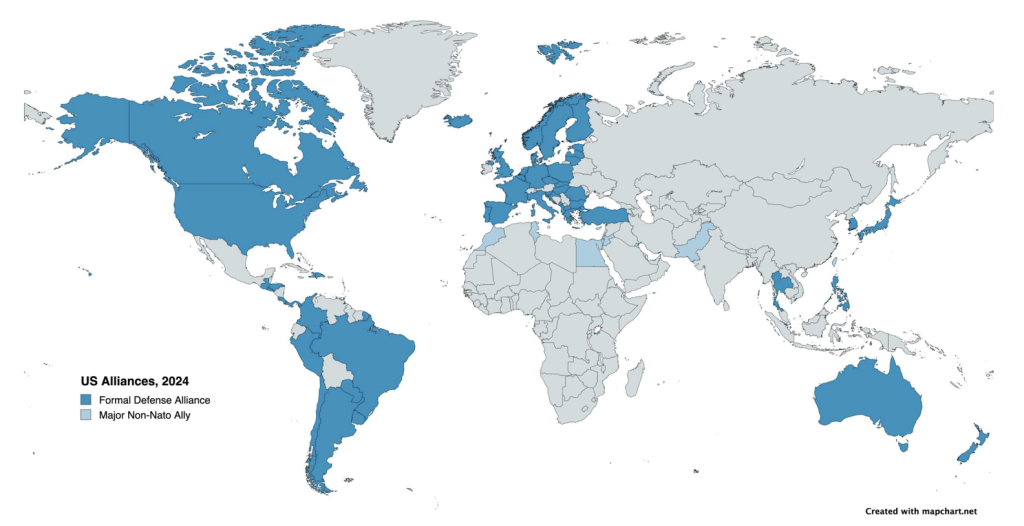


After Graham’s Beirut Visit: Tel Aviv Watches More Closely
August 27, 2025
A-
A+
In a historic visit, U.S. Senator and Republican hawk Lindsey Graham landed in Beirut Monday as part of a trip with U.S. Ambassador to Turkey Tom Barrack and Deputy U.S. Special Envoy to the Middle East Morgan Ortagus to meet Lebanese officials. The visit comes amid the Lebanese government’s push to adopt the objectives of the U.S. proposal, primarily the disarmament of Hezbollah.
During the visit, Senator Graham floated the idea of a U.S.–Lebanon defense pact, contingent upon the Lebanese government adopting the necessary steps and achieving the full disarmament of Hezbollah.
What Would a U.S.–Lebanon Defense Pact Mean?
A U.S.–Lebanon defense pact would formalize military and security cooperation between the two countries. While the U.S. and Lebanon already cooperate closely, with Washington being the largest provider of military aid to the Lebanese Armed Forces, a defense pact would take this relationship further. Possible features of such a pact may include mutual security commitments, increased military aid and training, and, in its most expansive form, fewer constraints on weapons, technology, and equipment delivered to the LAF. This pact could also include a potential commitment from the U.S. to Lebanon’s defense in the face of internal and external threats.
Which Countries Hold a Defense Pact with the U.S.?
A limited number of countries have defense arrangements with the U.S., including NATO members that enjoy the Article 5 collective defense agreement, and other bilateral treaties such as the U.S.–Japan Mutual Defense Treaty, the Mutual Defense Treaty with South Korea, and the ANZUS Treaty with New Zealand and Australia.

It is significant to note that the U.S. does not have an active collective defense pact with Israel but rather a memorandum of understanding, which does not include legally binding defense commitments.
How Does Israel See This?
In essence, Israel views Senator Graham’s Beirut visit as a key diplomatic gesture reinforcing U.S.–Israeli shared objectives: reducing Hezbollah’s threat, empowering Lebanon’s armed forces, and paving the way for broader regional stabilization. However, the idea of forming a defense pact between the U.S. and Lebanon could cause unease in Tel Aviv, as the Lebanese Armed Forces are currently prohibited from receiving weapons, technology, and equipment that could aid the military in high-end conventional warfare.
Bottom Line
Senator Lindsey Graham’s visit to Beirut marks a significant shift in U.S. policy toward Lebanon, signaling a potential strategic realignment in the Middle East. His proposal for a U.S.–Lebanon defense pact is highly significant.However, this initiative faces substantial challenges. Hezbollah’s steadfast refusal to disarm and its entrenched political and military influence present formidable obstacles. Moreover, the Lebanese government’s ability to enforce such a disarmament plan remains uncertain, given internal divisions and Hezbollah’s entrenched position and the risk of civil war. The coming months will be critical in assessing whether Lebanon can navigate these challenges and achieve what should’ve been done a long time ago: the Lebanese Army standing as the sole security guarantee.
Read More
-
Phantom Deals: The Shell Companies Winning Syria’s Billion-Dollar Projects
-
Destruction and siege drive As-Sweida into a deepening humanitarian crisis
-
Is the Iranian regime in threat of collapse due to its economic challenges?
-
Tamara el-Zein: From Science Champion to Minister of the Environment
-
Everyone is depending on the Lebanese Army, but can it deliver?
